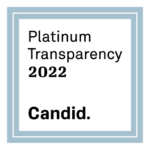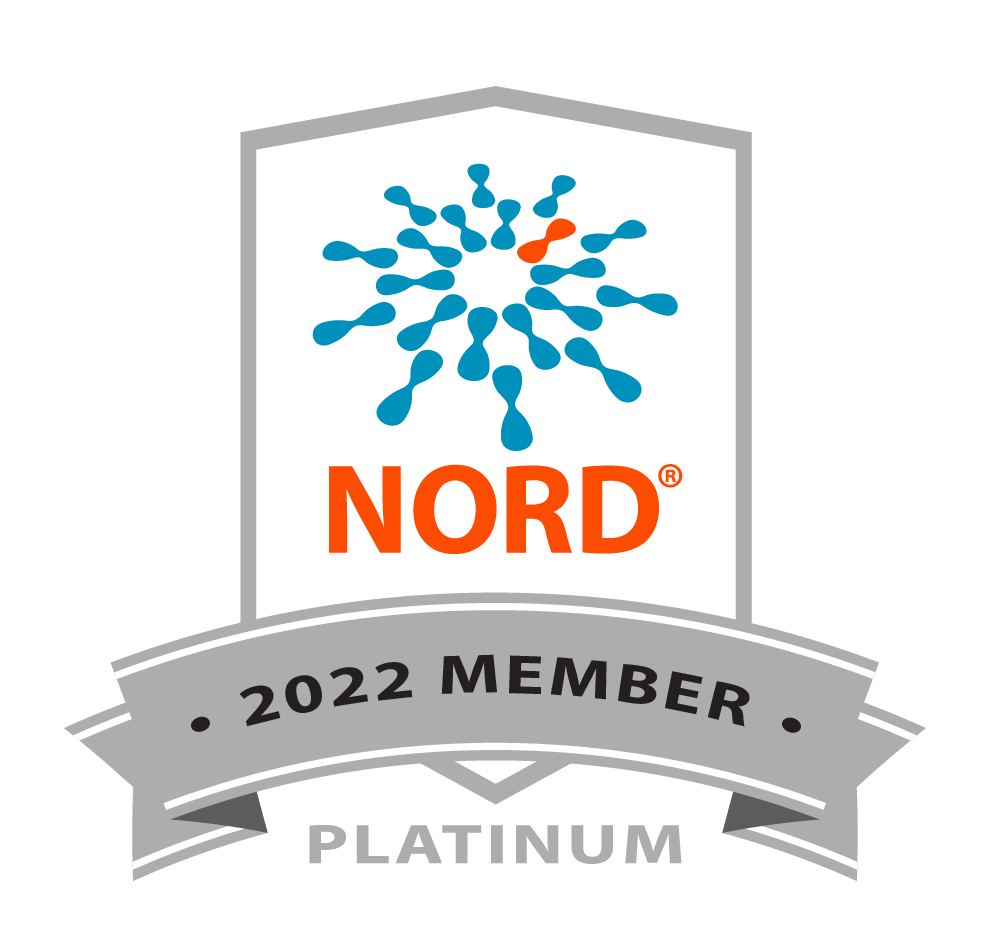STATEMENT UPDATED: March 18, 2020
Please note, this statement is specific to the United States. If you are an individual with Alpha-1 Antitrypsin Deficiency (Alpha-1) living outside the U.S., please see the specific statements from the health agencies and Alpha-1 organizations in your own country.
There are groups who are more likely to get severe disease, including those with lung disease, diabetes, and heart disease. In addition, age is a factor, with people who are older than 65 years of age more likely to develop severe disease and the risk of death increases with each decade above 60 years of age.
There are general recommendations provided to help avoid infection and prevent spreading infection to others. Medical decisions should be made for a patient’s particular circumstances in consultation with his or her physician.
The best source for specific recommendations and answers to your questions is your own local physician or medical center.
STAY INFORMED:
- CDC is updating its website daily with the latest information and advice for the public. They have recently updated the site to provide a more user-friendly platform. Visit the website.
REMEMBER TO TAKE THESE PREVENTATIVE ACTIONS:
- Maintain “Social Distancing”: When in public (or even with visitors to your home) stay at least 6 feet from other people in your immediate area. Do not shake hands or touch the skin of other individuals. Avoid groups of 10 or more people.
- Avoid air travel, cruise ships, and, in areas with high prevalence of infection, public transportation.
- Avoid close contact with people with respiratory illnesses.
- While sick, limit contact with others as much as possible.
- Stay home if you are sick (self-isolation). Family members who live with you should follow exactly the same restrictions as you.
- Some localities have adopted “shelter in place” directives. During shelter in place you stay in your home except for the following:
- Obtaining necessary supplies or to deliver supplies to others. Things like groceries count here.
- Going for a run, hike or other outdoor activity, as long as proper social distancing is observed.
- Caring for a family member or pet in another household
- Cover your nose and mouth when you cough or sneeze. Best is to cover your mouth and nose with a tissue, immediately discard the tissue, and then wash your hands. Avoid touching your eyes, nose, and mouth with unwashed hands; germs spread this way.
- Clean and disinfect surfaces and objects that may be contaminated with germs. Coronavirus can spread by cough and the virus can live on solid surfaces for many hours if not disinfected.
- Wash your hands often with soap and water for at least 20 seconds. If soap and water are not available, use an alcohol-based hand rub with at least 60% alcohol, scrubbing all parts of your hands and fingers until dry.
- Try to maintain a two-week supply of food and water at your home.
- If possible, maintain a 90-day supply of prescription medications at your home.
WHAT ARE SPECIFIC RECOMMENDATIONS FOR THOSE WITH ALPHA-1?
People with Alpha-1 are likely to be particularly vulnerable to the effects of the COVID-19 infection. Alphas with lung disease are among the groups considered most susceptible to serious complications if they become infected. It is likely that Alphas with liver disease are also at a high risk for serious disease should they become infected.
The symptom that can distinguish between a typical exacerbation of your lung disease versus COVID-19 is a fever that lasts for several days or a high fever of any duration. We encourage you to monitor your temperature and contact your physician for additional instructions should you find yourself feeling ill. Do not go straight to the hospital or urgent care without reaching out to your physician first. Hospitals are recommending that patients contact them first before arriving at an ER if at all possible.
If you need to leave your house, we encourage you to wear a facemask, if available. We understand that there is currently a shortage of masks and the best defense to protect yourself continues to be washing your hands frequently.
WHAT SHOULD AN INDIVIDUAL WITH ALPHA-1 DO?
The medical team at the Alpha-1 Foundation and AlphaNet has come together to make some specific recommendations for those with Alpha-1. There is no information in the medical literature that relates specifically to COVID-19 and Alpha-1, therefore these recommendations should be considered expert opinions rather than based on direct scientific evidence.
The recommendations of the CDC and other federal and local authorities should be followed very strictly by every person with Alpha-1:
- As mentioned above, those with liver and lung problems due to Alpha-1 are more likely to develop serious complications from a COVID-19 infection.
- Individuals with severe deficiency (two abnormal genes for Alpha-1) but who do not have liver or lung disease are likely at no more risk of developing serious complications from COVID-19 than the general population, although we do not know this for sure at the present time.
- Similarly, individuals who are carriers of a single abnormal gene for Alpha-1 (MZ, MS, etc.) and who have no lung or liver disease, are likely not at increased risk for serious complications of COVID-19, beyond the above-mentioned risk factors.
FOR THOSE ON AUGMENTATION THERAPY:
- The Plasma Protein Therapeutics Association (PPTA) has issued a statement that there is no risk of transmission of COVID-19 through plasma product infusions. Thus far, there have been no augmentation supply delays as a result of COVID-19. PPTA information about plasma products can be found at pptaglobal.org.
- Maintain a 1-month supply of augmentation therapy at your home or infusion facility, if possible.
- If you are receiving supplemental oxygen via tanks or a liquid oxygen system attempt to receive additional supplies for your home by contacting your supplier.
- The Foundation is working with Medicare to try and obtain coverage for home infusions for those currently receiving their infusions in a medical facility.
- If you receive home infusion from an infusion nurse, be diligent and be sure your infusion nurse is diligent in cleaning surfaces used for reconstitution, pooling, and administration of infusions before and after each treatment. Make sure that both your nurse and you follow all the instructions regarding personal protection from transmission including vigorous hand washing and covering coughs and sneezes. Maintain Social Distancing as possible. Try to arrange that your nurse visits you first on the day of infusion to avoid bringing in infection from other homes.
- If you have concerns about receiving your augmentation therapy infusions, please understand that there are no significant withdrawal side effects from missing a dose. If you know you will be missing a dose, ask your physician about receiving a double dose of augmentation therapy prior to missing a dose. While receiving a double dose every two weeks is likely not as effective as a usual dose every week, it is better than missing a dose entirely.
- Should you develop symptoms of COVID-19 that require you to be admitted to a hospital or an intensive care unit (ICU), every effort should be made to continue your augmentation therapy in the hospital setting.
- Most major clinical trials have suspended enrollment at the present time. The Alpha-1 Foundation will continue to monitor this situation and let the Alpha-1 community know when clinical studies of Alpha-1 therapies begin again. In addition, we will make you aware of any clinical trials of therapies for COVID-19.
- Some individuals may be able to learn to self-infuse their augmentation therapy or have their spouse or other person in their household learn to do this. This would avoid the need to visit an infusion center or have a nurse come to your home each week. Such a decision should be discussed with your physician. Training is usually done by your own infusion nurse.
FOR ALPHA-1 PATIENTS WHO HAVE RECEIVED A LUNG OR LIVER TRANSPLANT:
- Transplant recipients take medications that suppress their immune system and therefore they are more susceptible to certain infections. It is reasonable to be concerned about an increased risk of complications including organ injury should a transplanted patient develop COVID-19 infection.
- The only relevant information we have at the present time is that other coronavirus infections, such as those causing the common cold, are not more severe, more common, or more injurious in transplant recipients than in the general population.
- At this point, the medical team at the Alpha-1 Foundation does not believe it is necessary for transplant recipients to take special precautions other than the many recommendations above to protect themselves from COVID-19 infection.
- Transplant recipients should contact their transplant center should they develop symptoms of consistent with COVID-19 infection.
- Transplant recipients should contact their transplant center with any questions or concerns.
The Alpha-1 Foundation and AlphaNet are following the situation and will continue to keep the Alpha-1 community updated.
IF YOU FEEL SICK with fever, cough, or difficulty breathing, seek medical advice. Before you go to a doctor’s office, health facility, or emergency room, call ahead and tell them about any recent travel, exposures, and your symptoms. It is likely that widespread testing for SARS-CoV-2 will be instituted in the U.S. over the coming weeks, including ‘drive-through’ testing centers. If you have concerns about any symptoms, get tested when available.
*Please continue to check the Alpha-1 Foundation website for continuous updates on the coronavirus and scheduled Foundation events.











